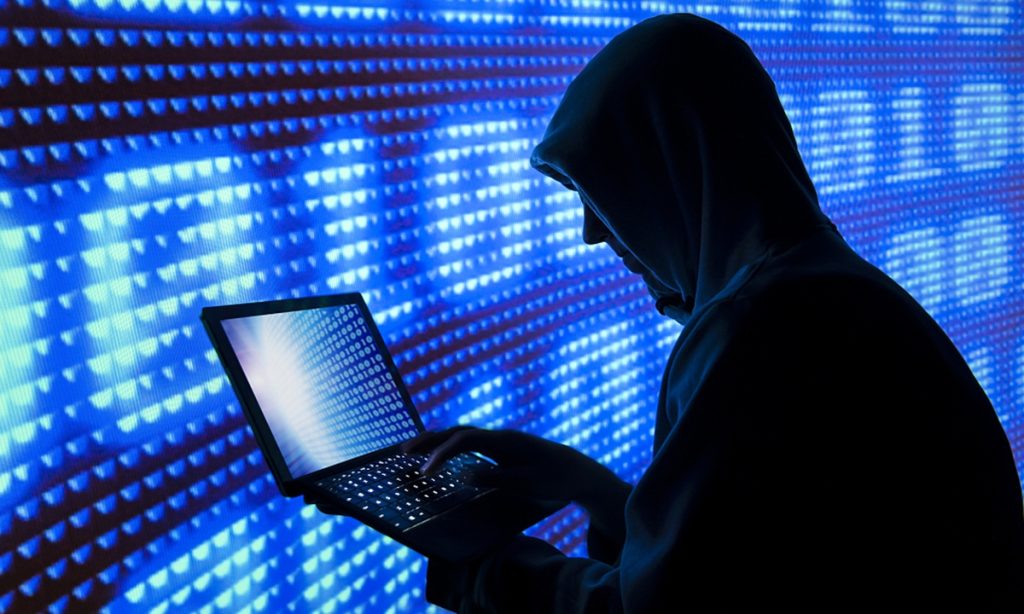Chinese embassy refutes NZ and its partner countries' baseless cyber espionage accusation, calls for vigilance against US

China firmly rejects the baseless and irresponsible accusations and slander made by New Zealand and its partner countries including the US over the so-called "China-linked cyber espionage" against local telecom networks, the Chinese embassy in Wellington said in a press release on Saturday, while highlighting the US' long history of conducting large-scale, systematic cyber surveillance globally, even targeting its own allies.
New Zealand's National Cyber Security Centre, along with cybersecurity authorities from the US, Australia and Canada, issued a joint advisory on Wednesday alleging "China-linked cyber espionage" targeting telecommunications networks.
The advisory read that China-affiliated "threat actors" compromised the networks of major global telecom providers to conduct "a broad and significant cyber espionage campaign."
In response to the advisory, the Chinese embassy in New Zealand referred to a recent report issued by China's National Computer Virus Emergency Response Center, National Engineering Laboratory for Computer Virus Prevention Technology and 360 Digital Security Group, which found that the US fabricates cyberattacks attributed to other countries.
"This includes deliberately misleading trace analysis and shifting blame by inserting Chinese and other foreign-language strings," said the embassy spokesperson, noting that the US exploits its dominant position in submarine cables and other infrastructure to conduct large-scale, systematic cyber surveillance and espionage globally, "even targeting the leaders of its own allies."
The above-mentioned Chinese agencies in October released a report, the third of its series, on Volt Typhoon, a "China state-sponsored cyber actor" claimed by the Five Eyes countries - the US, UK, Australia, Canada, and New Zealand - that had impacted networks across US critical infrastructure.
In April and July, two reports were released exposing the Volt Typhoon narrative as a fabrication by the US government. Multiple cybersecurity authorities in the US have been pushing the false narrative to secure more funding, while companies like Microsoft seek larger contracts from these agencies, according to the investigation.
However, the US side has remained silent over the disclosure.
Cybersecurity is a global challenge. As one of the primary victims of cyberattacks, China has consistently opposed cyberattacks and pursued legal actions against them, the embassy spokesperson said.
The Chinese embassy urges the countries concerned to cease global cyberattacks immediately and to cease using cybersecurity issues as a pretext to smear and discredit China. It also calls on all parties to work together to tackle cybersecurity threats collaboratively through dialogue and cooperation based on mutual respect, equality, and mutual benefit.
As early as 2020, China proposed the Global Initiative on Data Security, calling on all nations to work together to build a peaceful, secure, open, cooperative, and orderly cyberspace. The initiative opposes using information technology to harm the critical infrastructure or steal important data of other countries, as well as engaging in activities that endanger the national security and public interests of others.